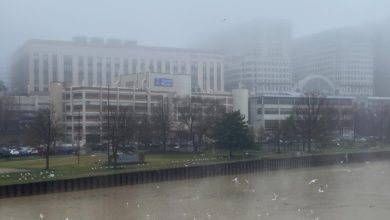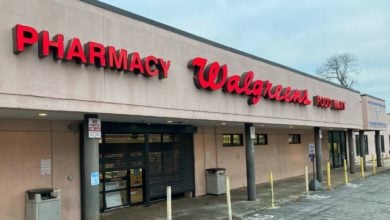On July 31, Edward Demarco, acting director of the Federal Housing Finance Agency, which oversees Fannie Mae and Freddie Mac, the primary sources of new mortgage loans, decided against a program that would offer debt relief to homeowners who owe more on their loans than their homes are worth. The program would have reduced the principal value of the house for these cases. As a consequence, mortgage payments would have been reduced to reflect the lower value of the home.
Demarco wrote in a letter to Congress that the debt relief program “would not make a meaningful improvement in reducing foreclosures in a cost effective way for taxpayers.” Demarco purports to speak in the interest of taxpayers. Which taxpayers? Is he talking about the 4 million families that already lost their homes between 2007 and early 2012 or the millions more who are still threatened with foreclosure? No, he is talking about the bailed-out banks, which are only concerned with propping up the value of the mortgage-backed financial assets they continue to carry on their books.
According to the FHFA’s own analysis, over 500,000 families would benefit from this program. The FHFA estimated the federal government, which seized the two mortgage giants during the financial crisis of 2008, would save $1 billion by not having to cover the cost on defaulted loans owed by the people eligible for the program. (The New York Times, July 31)
The lives of the millions who would have benefited from this modest program have been so devastated by the housing collapse and economic crisis that the bulk of those who would have benefited from the program have not made a mortgage payment in over a year.
Bankers applaud FHFA decision
The American Bankers Association was pleased with Demarco’s decision. In a statement issued July 31, the ABA said: “Our nation’s housing policy should first and foremost promote responsible, sustained homeownership, not incentivize borrowers to default on mortgages they are able to afford in search of taxpayer-funded assistance “
Apparently, taxpayer-funded assistance, such as the 2008 bank bailout, is only for the bankers after their speculative and fraudulent lending practices led to billions in losses, not to mention the ruination of tens of millions of people’s lives and livelihoods.
While the Obama administration and the Democrats were in favor of this modest program and criticized Demarco for his decision, they have done nothing of substance to challenge the rule of the bankers and mortgage lenders.
Congress and the president are elected by the millions affected by the mortgage crisis. However, these elected officials answer not to the electorate but to the corporations and banks that created the mortgage crisis. The mission of the FHFA is not to keep people in their homes but to stabilize the home lending market so that the bailed-out banks can safely resume exploiting the lives of homeowners. The FHFA mission is to ensure “the operations and activities of each regulated entity [Fannie Mae and Freddie Mac] foster liquid, efficient, competitive, and resilient national housing finance markets.”
A tale of two crises
There are two housing mortgage crises in this country, one for the bankers and one afflicting the tens of millions of workers who need housing. The “crisis” for the bankers is that reduced mortgage payments are cutting into their profits. The crisis for the millions of workers and their families is that the inability to afford mortgage payments is making homelessness a greater and greater possibility.
The solution to this crisis is not just principal reduction, it is principal elimination. Housing should be a right guaranteed all human beings. The needs of the people must be put before the profits of the bankers. The 10-point program of the 2012 presidential and vice-presidential candidates of the Party for Socialism and Liberation, Peta Lindsay and Yari Osorio, includes the following: Stop all foreclosures and evictions—end all mortgage interest payments to the banks. That is a solution sure to find a home with the millions of workers at risk of foreclosure and eviction.






